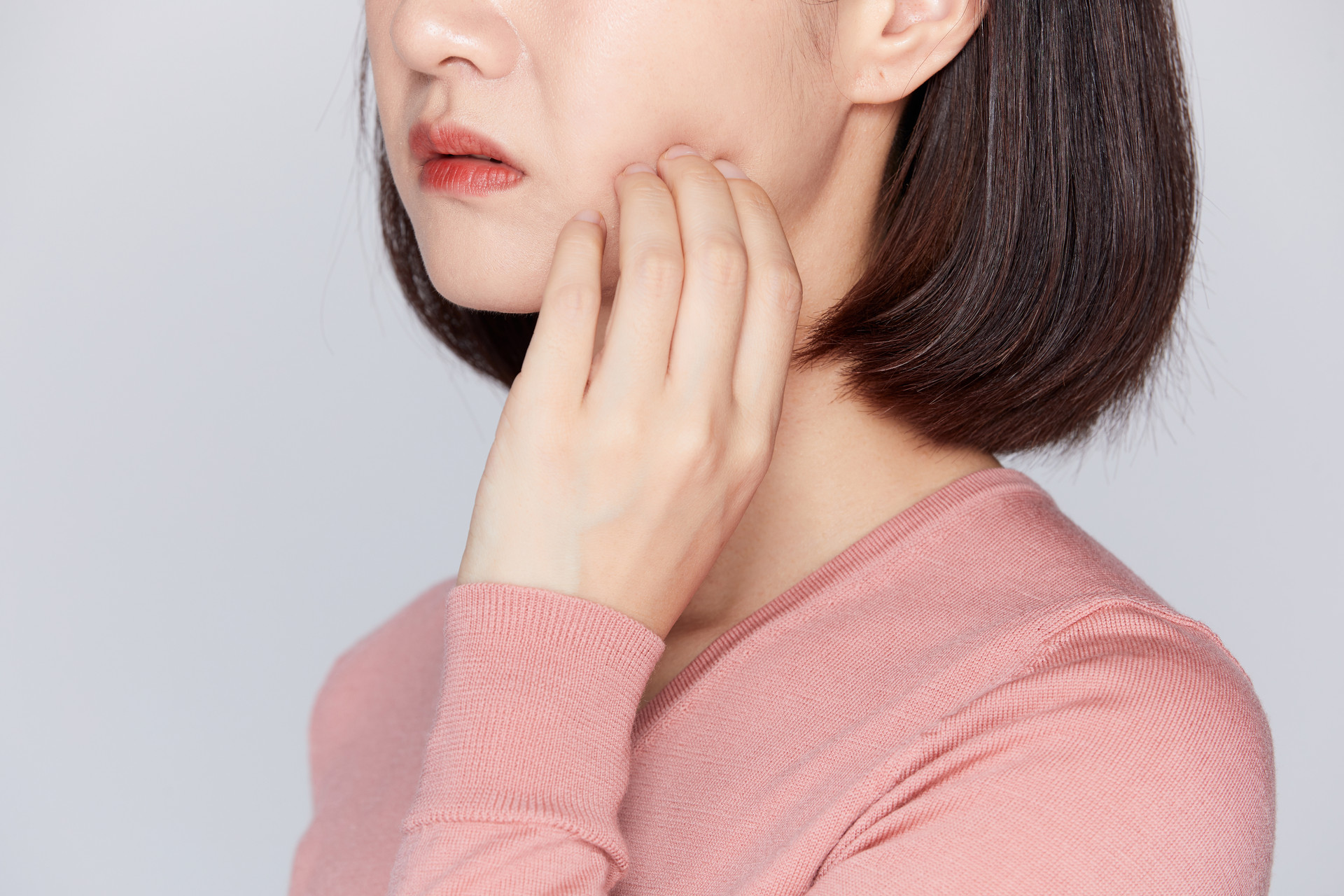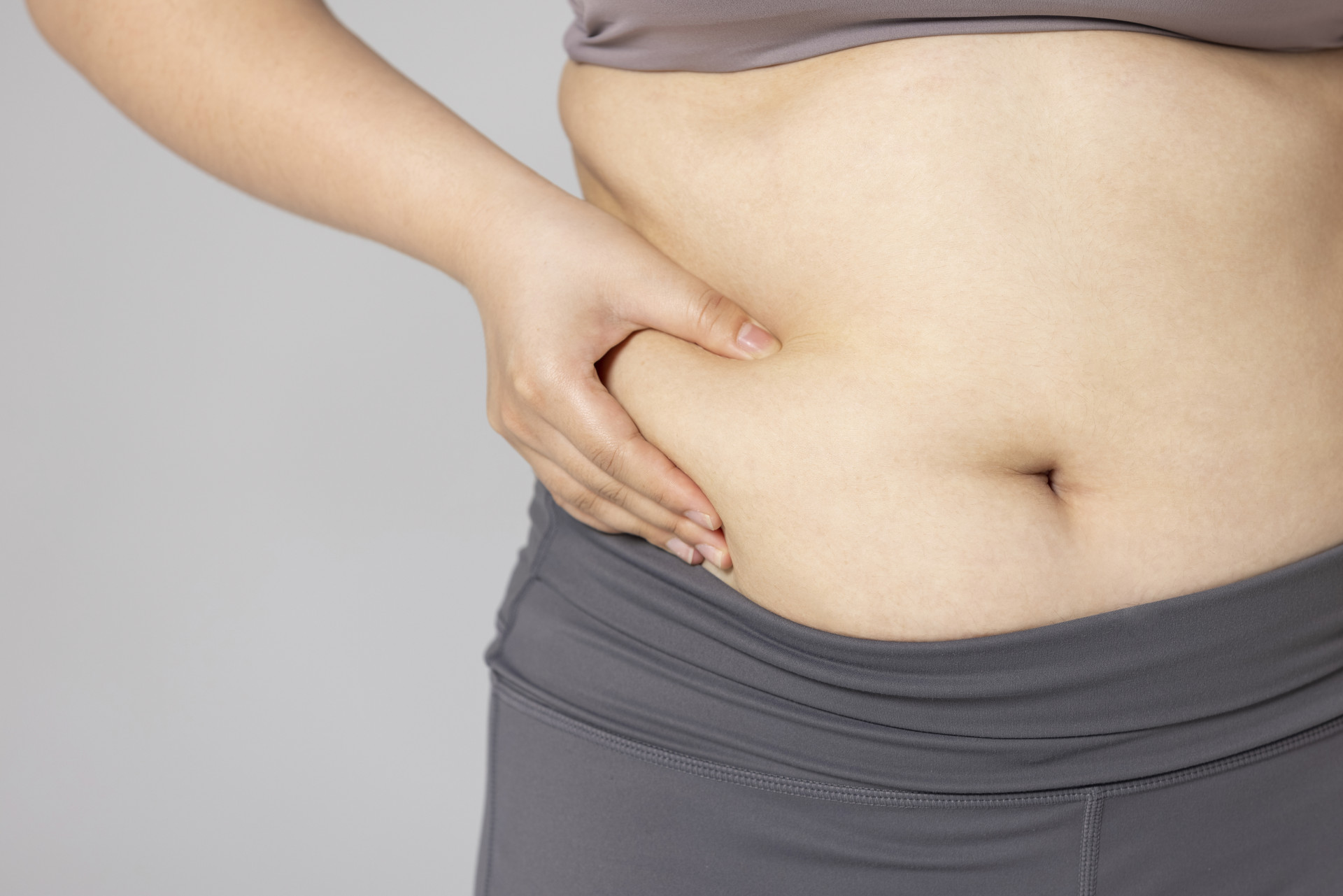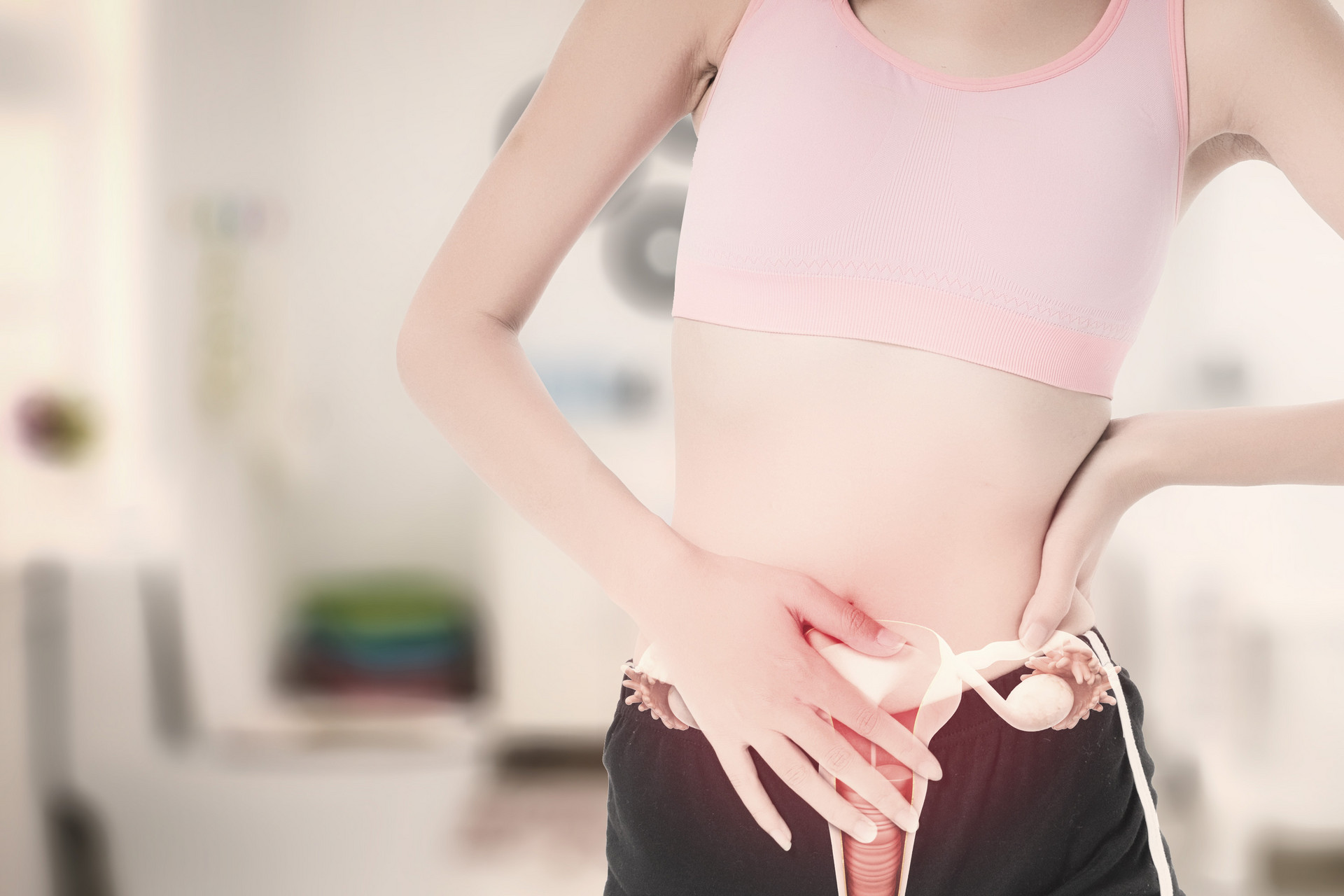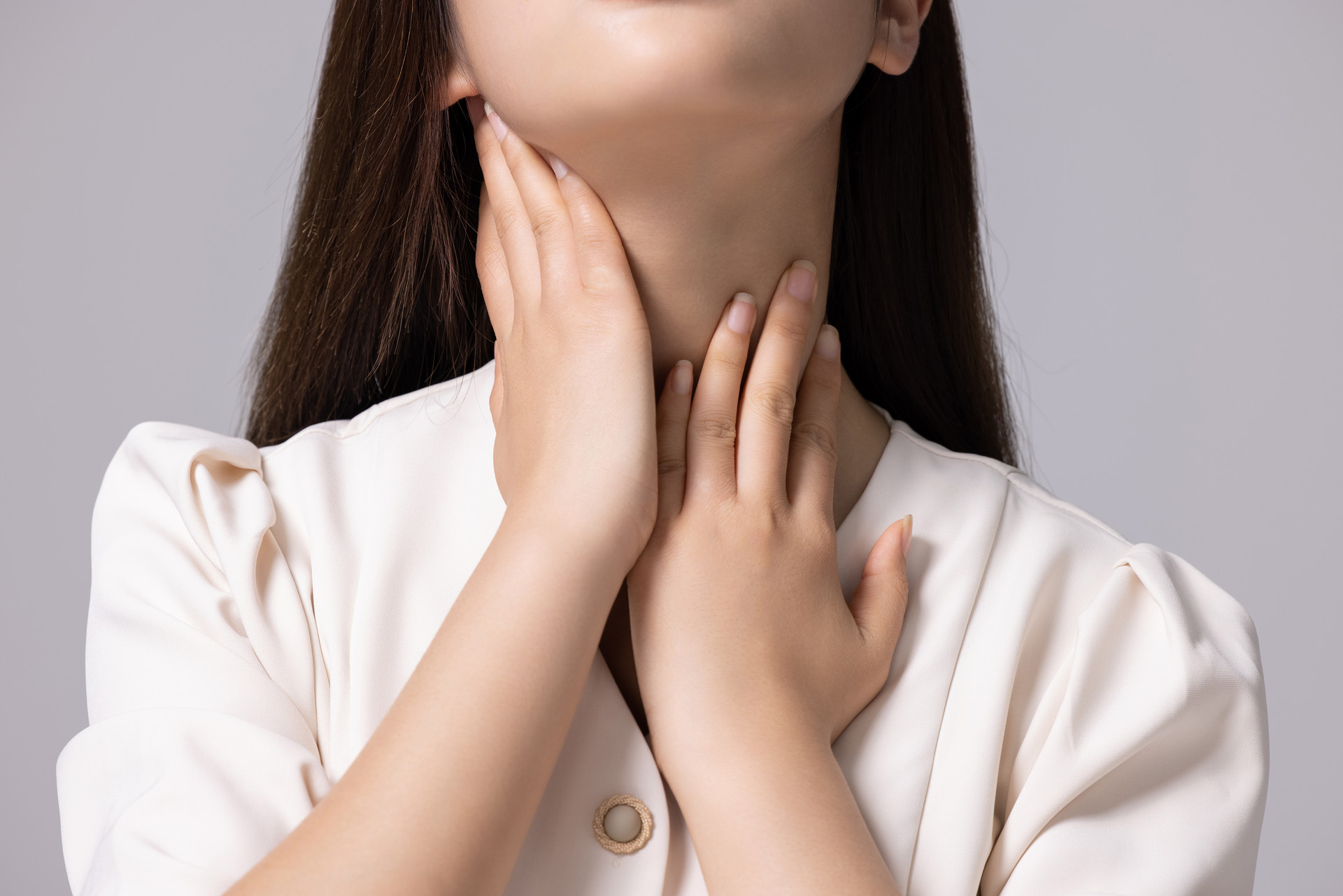In traditional Chinese medicine, special attention is given to the health care during pregnancy. This is known as the theory of nurturing the fetus. Ancient China has always attached great importance to nurturing the fetus, leaving behind many experiences in fetal nurturing. In particular, Fu Qingzhu's thoughts on fetal nurturing have had a significant influence on future generations.
Nausea and Vomiting in Pregnancy: Tangerine Peel and Glutinous Rice to Relieve Discomfort
In many television dramas, we often see scenes where a pregnant woman suddenly feels uncomfortable and wants to vomit. This is not a figment of imagination, but based on certain facts. Many people believe that it is normal for women to feel nauseous and vomit during pregnancy. However, according to traditional Chinese medicine, these symptoms, along with loss of appetite and fatigue, are considered a condition called pregnancy-induced nausea and vomiting.
Fu Qingzhu believed that the reason for nausea and vomiting in pregnant women is due to "excessive liver blood". Traditional Chinese medicine has always believed that a woman's ability to conceive is related to the kidneys, with the saying "strong kidneys lead to successful conception". It is believed that when a woman becomes pregnant, the kidneys "nourish the fetus with kidney water". It is also said that the physiological functions of the kidneys in women are affected after conception, specifically manifested as "unable to moisturize the five organs". This will have an impact on the normal physiological functions of the organs. Among the relationships between the organs, the relationship between the kidneys and the liver is the closest, with the saying "the liver is the child of the kidneys". After a woman becomes pregnant, if the kidney water is insufficient, the liver will not receive enough nourishment from fluids, causing the liver fire to rise and liver qi to flow in reverse, leading to symptoms such as nausea and vomiting.
Fu Qingzhu believed that for pregnant women with mild symptoms, they can try using medicated diets for regulation. Simply use ginger, grind it into a pulp, and extract the juice to be taken with warm water. Honey can also be added, 2-3 times a day. The use of ginger to stop vomiting is a commonly used method in traditional Chinese medicine, and Sun Simiao even referred to ginger as the "holy medicine for stopping vomiting".
In addition, pregnant women with symptoms such as nausea and vomiting can also take 10 grams of tangerine peel and 100 grams of glutinous rice to cook congee. Tangerine peel is an important qi-regulating medicinal material in traditional Chinese medicine, with a good effect in treating vomiting. "Compendium of Materia Medica" once said, "Tangerine peel has a pungent taste and disperses well, so it can regulate qi; it has a bitter taste and can relieve stomach issues, so it can resolve phlegm. Its moderate and warm nature is good for circulation, so it can stop vomiting, relieve cough, and benefit the spleen and stomach." Glutinous rice has a sweet taste and neutral nature, which can nourish the spleen and stomach, relieve irritability and thirst. It not only has the effect of treating nausea and vomiting, but is also recommended by generations of health experts as a nourishing food that can prolong life. The famous poet Lu You, who lived to the age of 85, specifically wrote a poem called "Eating Congee": "People always seek longevity, not realizing that longevity is within reach. I have found a simple method, only by eating congee can one become an immortal." This congee not only treats the symptoms of nausea and vomiting in pregnant women, but also effectively regulates their weakened bodies. Therefore, it is recommended for pregnant women with nausea and vomiting to consume it regularly.
Edema in Pregnancy: Consuming Carp to Reduce Swelling
For women during pregnancy, the most troubling issue may be the appearance of edema in their bodies. At the beginning, it may only be swelling in the legs, but gradually it spreads throughout the body, and some may even have facial swelling. In the eyes of most people, it is considered normal for women to have edema in the later stages of pregnancy, and it is a natural occurrence that will resolve after childbirth. Is this really the case? In fact, pregnant women experiencing edema is called pregnancy-induced edema in traditional Chinese medicine. Fu Qingzhu explained in detail: "Deficiency of both qi and blood, dysfunction of the spleen and lung, leading to difficulty in digestion and absorption of food, failure of essence and qi to transform, resulting in the sinking of qi and blood, inability to ascend; damp pathogens take advantage of the weakness and accumulate, leading to edema." If not timely regulated, it will not only affect the health of pregnant women, but may also lead to fetal restlessness, affecting the normal development and growth of the fetus, and in severe cases, may even cause miscarriage.
In addition to treatment, dietary therapy can also be used to regulate pregnancy-induced edema. Among them, carp is the best choice of ingredient. Carp soup with tangerine peel has the effect of invigorating the spleen, dispersing water, nourishing blood, and stabilizing the fetus. It has a significant effect in treating edema in pregnant women. In addition to carp and tangerine peel soup, carp and adzuki bean soup can also be consumed. The specific method is to select one carp weighing 500 grams, remove the scales but not the skin, wash 150 grams of adzuki beans, and put both in a clay pot. Add an appropriate amount of water and simmer on low heat until the beans are cooked. After cooking, the carp, adzuki beans, and soup should all be consumed. If it cannot be finished in one meal, it can be divided into several portions. It is worth noting that salt and soy sauce should not be added to this recipe, and the taste should be light. It should also be noted that even after the symptoms of pregnancy-induced edema are relieved, pregnant women should still avoid consuming overly salty foods.
It is worth mentioning that these two common foods not only treat edema, but also have the effect of promoting lactation. Some women may have problems with milk production after giving birth. In this case, the solution can also be found in stewing carp with adzuki beans. In the book "Complete Solutions for Women" by Chen Ziming, a famous physician in the Southern Song Dynasty, he mentioned that his wife had no breast milk after giving birth, and even he, as a master of gynecology, was unable to help despite trying many medications. At that time, a friend happened to give them some adzuki beans, and Chen Ziming cooked adzuki bean soup for his wife to drink. The unexpected result was that "the milk flowed smoothly that night". It seems that some small ingredients in life can really have a big effect.











